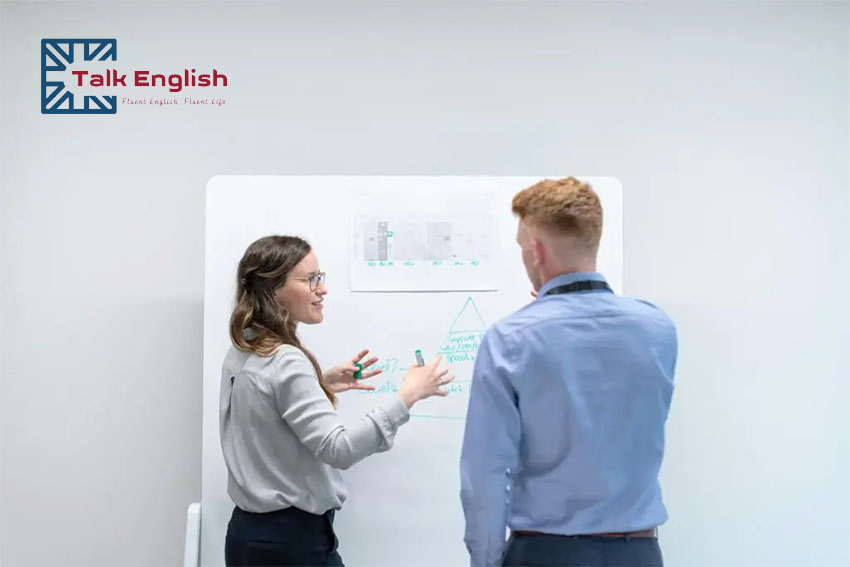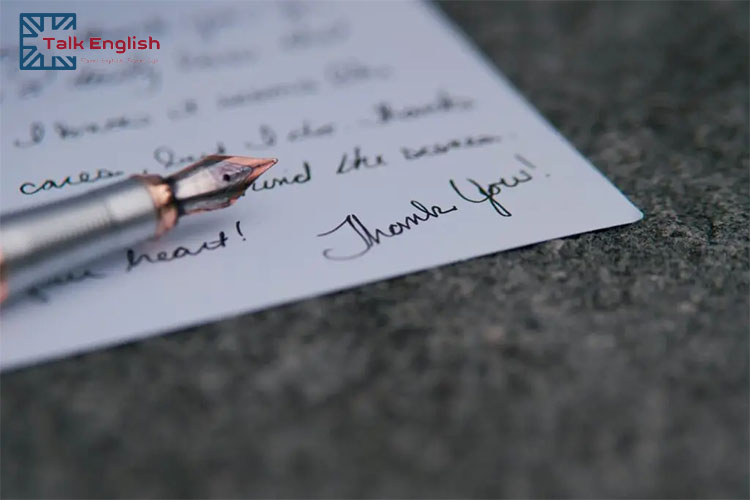Từ Stuff có nghĩa là gì? Và cách sử dụng chúng như thế nào?
It can also be used to mean “eat a large amount.”
Some foods can be stuffed when they are filled with another kind of food.
As an noun
In this example, the speaker is talking about the items that have been left around the room.
This time, stuff refers to the guests’ jackets, bags, etc.
Stuff is a very convenient way to refer to things as a group when the individual items are unknown or not important.
We don’t know exactly what's in the bag, but it's not important for us to know; the main thing here is the weight of the bag.
Here, as well, the meaning of stuff isn’t clear. If you want to know specifically, you can simply ask.
Figurative stuff

When using stuff figuratively, the rules aren’t so strict about what is singular or plural.
Similar to what we’ve mentioned earlier, when what you are talking about is unknown or not important, you can call it "stuff."
Here, it refers to activities. Perhaps the person needs to visit the bank, do their laundry or study for a test. Again, if the other person wants to know about the specific activities, they can ask.
In this example, it means various styles of martial arts.
This time it refers to something someone said.
In this example, it is a particular kind of music.
In this example, “stuff” refers to someone’s thoughts.
Etcetera
Another very common usage in casual conversations is the expression "~ and stuff." It's another way to say "etc." or "and other things like that."
TIN TỨC LIÊN QUAN
17 Cụm động từ phổ biến đi với GET trong tiếng Anh bạn cần biết
Lần này, chúng ta sẽ tập trung vào từ "get," và cũng giống như những động từ khác mà chúng ta đã học, phạm vi ý tư�...
Những cách nói Thank You trong tiếng Anh giúp bạn giao tiếp tốt hơn
Thực ra, có rất nhiều cụm từ khác mà bạn có thể sử dụng để bày tỏ lòng biết ơn của mình. Hãy xem các lựa chọn...
Cách nói về chủ đề Phim ảnh trong tiếng Anh
Để giúp bạn tham gia vào các cuộc thảo luận, bài viết này sẽ giải thích một số từ ngữ phổ biến nhất mà bạn s�...



